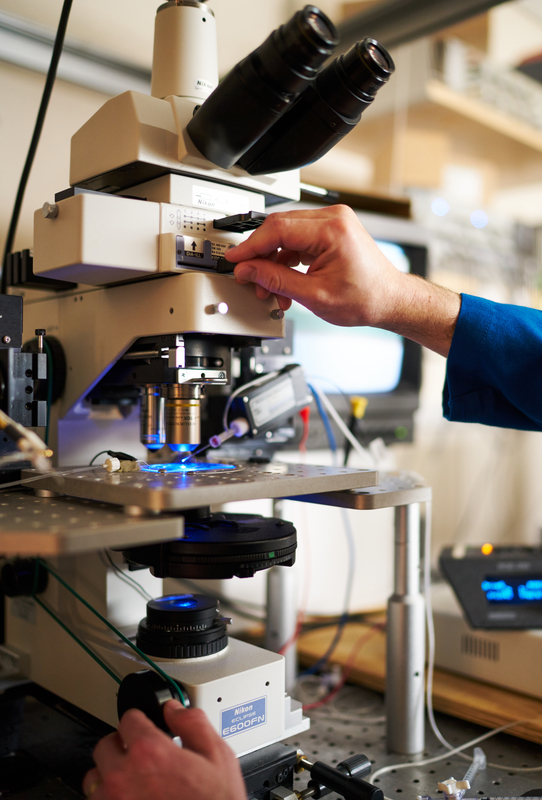Trainings
 All individuals are required to complete the following lab trainings prior to working in a UCSF lab:
All individuals are required to complete the following lab trainings prior to working in a UCSF lab:
- Lab Safety for Researchers
- Basic Regulatory and Ethical Requirements (BRER) for Using Animals in Research, I and II
Both of these trainings may be completed online before the beginning of the first year and must be completed prior to the first rotation. See the UC Learning Center. Students may be required to complete additional training based on the type of research conducted in rotation/thesis labs.
In addition, students who will rotate in (or join) a lab in which rodents are used, are required to complete Basic Laboratory Techniques, Mouse or Rat. This is an IN-CLASS training and can only be completed after arrival at UCSF.
To register for this in-class training, access the UC Learning Center. In the search bar, type IACUC, and choose either Mouse Basic Handling or Rat Basic Handling.
Rotations
Each first-year student completes a minimum of three quarter-long laboratory rotations. The aim of rotations is to provide broad laboratory experience and to allow students to explore laboratories in which they might wish to do a thesis. The rotations begin in the fall quarter of the first year and are chosen in consultation with faculty and graduate advisors.
Students may rotate in Neuroscience Program labs or in the lab of other members of the P.I.B.S. faculty. Rotations are expected to take at least half a student's time during a quarter. At the end of each quarter the laboratory work done during a rotation is to be written up by the student and discussed with the laboratory director. These rotation reports are to be given to the graduate advisors, with a copy to the NS Program administrator. The laboratory director is also expected to write an evaluation for the student's file, which should also be given to NS Program administrator. All rotation reports must be on file in the program office before a student may take the qualifying exam. Each rotation should represent a serious commitment for both student and advisor. Students must complete three rotations (2 for MSTP students) before joining a thesis lab.
